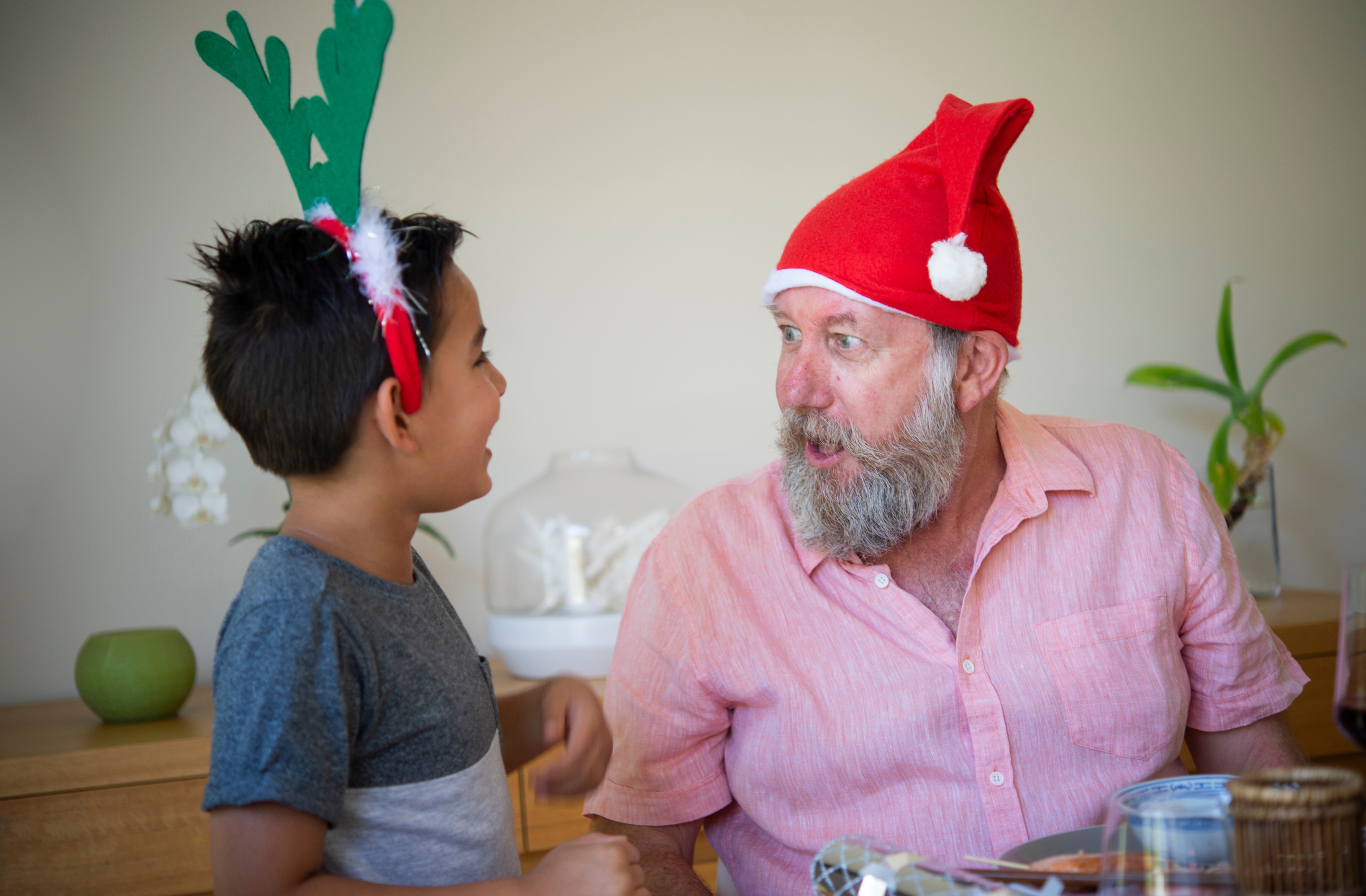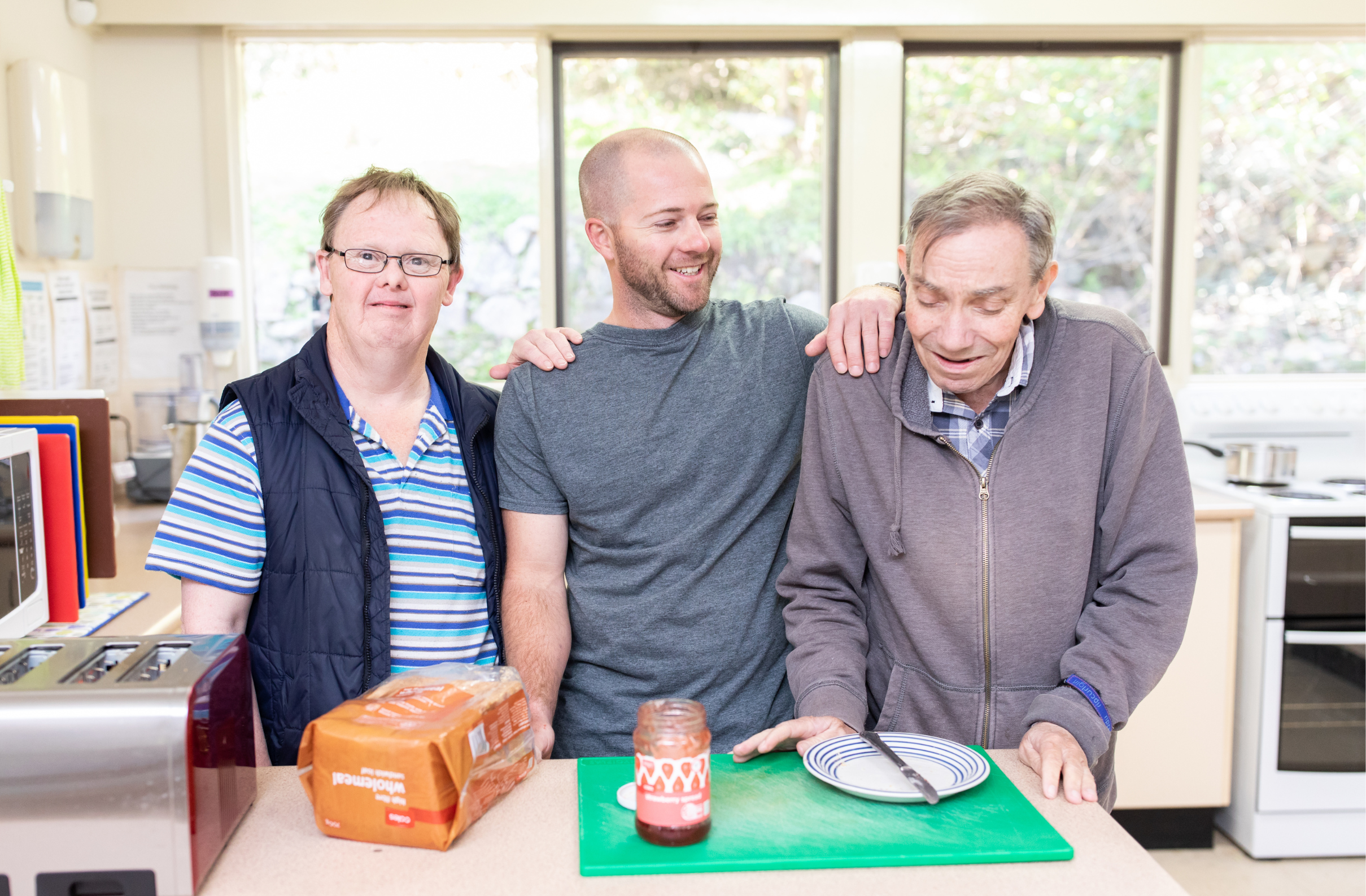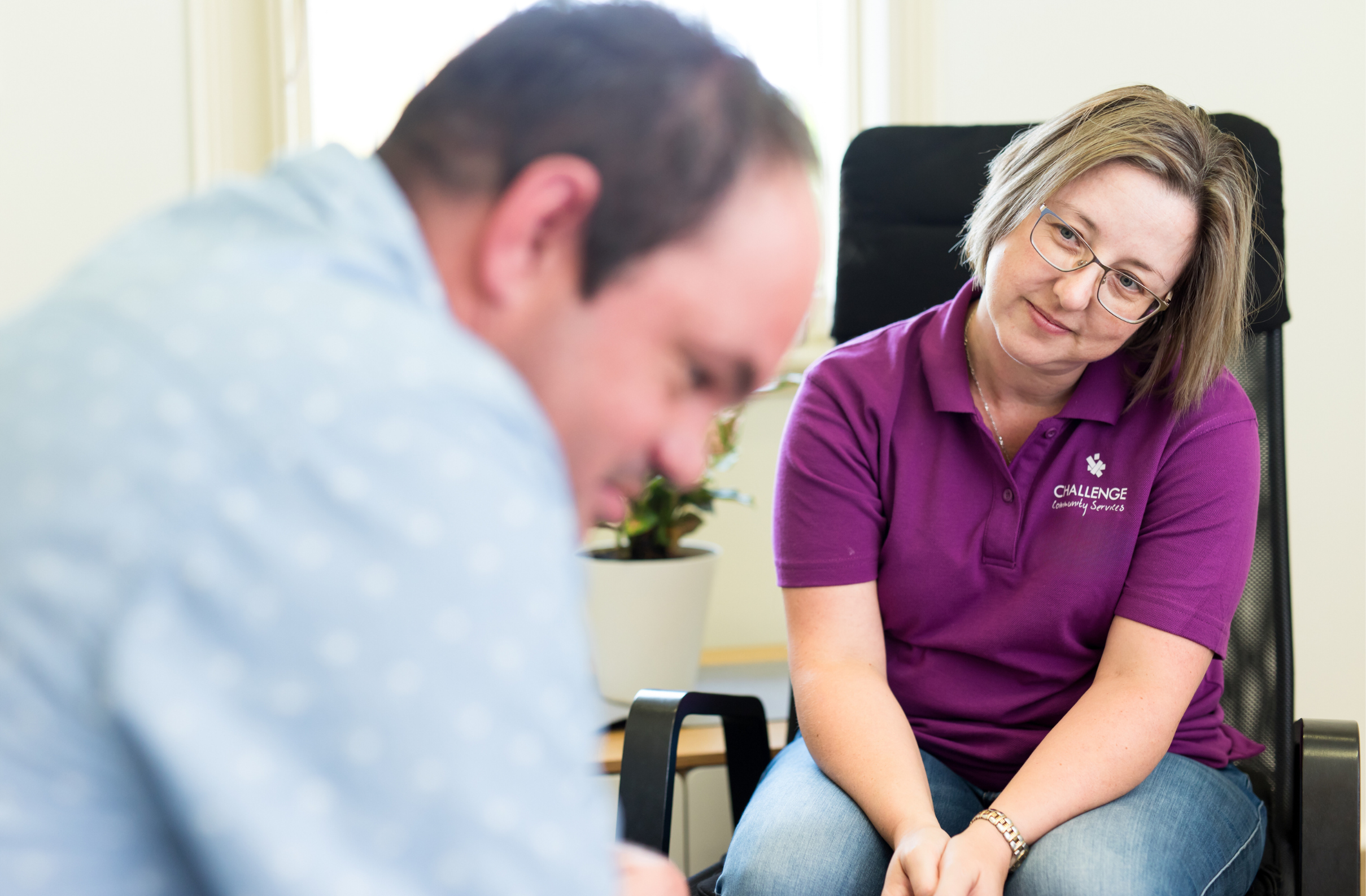A guide to trauma-informed care
Is your foster child using aggression to get what they want or avoid doing something they don’t want to do? Whether it’s hurting a parent or sibling or causing damage to the home, aggressive behaviour can be worrying for everyone in the household.
Children in foster care come from a wide range of backgrounds, and the triggers for aggressive behaviour can be varied.
Kids may show aggression because it gets them noticed, they want something, they have learnt to ‘go big’ to be seen, or because they have observed in their family environment that aggressive behaviour is how you deal with an issue.
Aggression, particularly in children in foster care, can also come from a need to be in control of a situation.
If the aggressive behaviour gets the desired outcome (e.g. it allows them to avoid an unpleasant situation or gets their parent to back down on an issue), it can become a learned behaviour.
The good news is, with trauma-informed support, aggressive behaviour can also be unlearned.
What is trauma-informed care?
Trauma-informed care is an approach based on extensive research showing the long-term effects of trauma on children’s ability to regulate their emotions and behaviour and the impact this can have on their mental health – now and in the future. A child’s entire wellbeing is affected by their trauma history.
Aggressive behaviour and a trauma background
Developmental trauma (for example, separation from birth parents, abuse, neglect and grief and loss) which occurs in the early formative years of childhood, can have lasting effects on the brain, particularly the child’s ability to regulate their own emotions.
Children learn to regulate their bodies, their emotions and their impulses through nurturing support with a caregiver. When this support is interrupted, absent, or punitive, the child develops strategies to cope with their situation.
While helpful in protecting them in a traumatic situation, these “survival” strategies no longer serve them when they are removed from that environment. In fact, these behaviours can be damaging.
Fortunately, brain plasticity research shows that brains can be rewired through repetition. When children feel safe and secure and receive predictable and nurturing care, they can learn new coping strategies.
As a foster carer, you have an important role here. Professionals often talk about routine, and it seems simple, but it is so important for children and teenagers (and even adults!).
When a child doesn’t have to worry about whether they’ll be hurt, whether they’ll have somewhere to sleep or when they’ll have their next meal, it opens up space for them to think about other things beyond their basic needs and impulses- and this is where the learning can take place.
When do I know if my child is showing too much aggression?
Behaviour can be considered too aggressive when you or the people around your child feel unsafe. If you feel this way, then it’s likely your child may have felt this at some point before coming into your care.
Aggression often comes from a need to be in control of a situation, often because their early lives may have been unpredictable and frightening. Underneath this threatening behaviour are feelings that your child may not have the skills to express.
The bottom line is that abuse in any form is not okay. If your child has a history of experiencing abuse or aggression from other adults in their lives, this doesn’t make it acceptable for them to behave in this way.
Trauma-informed behavioural strategies
A trauma-informed approach to aggressive behaviour involves working on the relationship between the foster carer and child.
For the carer, it is having clear boundaries (not tolerating aggressive behaviour in the home), being consistent and providing a safe and predictable home environment.
For the child, over time, this provides a sense of safety and security. It builds trust and gives them space to learn new coping strategies.
Tips for managing aggressive behaviour
- Remain calm when your child behaves with aggression. Give them physical (and emotional) space
- Share how the behaviour makes you feel (this promotes empathy): “This behaviour frightens me.”
- Set limits: “I can see you’re angry, but it is not okay to hit.”
- Try distraction
- Calming music
- Deep breathing or mindfulness
- Spend one on one time with your child
- Call someone for help if needed
- Prioritise reconnection
Once your child has calmed down, it’s important to reconnect. It may be tempting to avoid talking about it altogether for fear of escalating the situation again.
The only way for your child to learn and grow is to work through how they’re feeling, reflect on their actions and learn new ways to cope with their big feelings.
Remember that this behaviour can stem from a background of trauma, so try to keep in mind that there are feelings behind this behaviour. Even if it’s a little tricky to get to the bottom of sometimes!
Finally, don’t take it personally. As a foster carer, it is unrealistic to expect that these problems can be resolved overnight. It can take time to change ingrained behaviours.
Is it time to seek help?
If your child is a danger to themselves or others, the behaviour is becoming more frequent or severe, then this is an indication that professional support may be required.
Behavioural support at Challenge Allied Health
At Challenge Allied Health, our experienced psychologists work with foster carers, their families and children on a range of behavioural issues, including aggression. We support children to regulate their emotions and behaviour.
Find out more about our therapeutic supports or give us a call on 1800 795 441.













